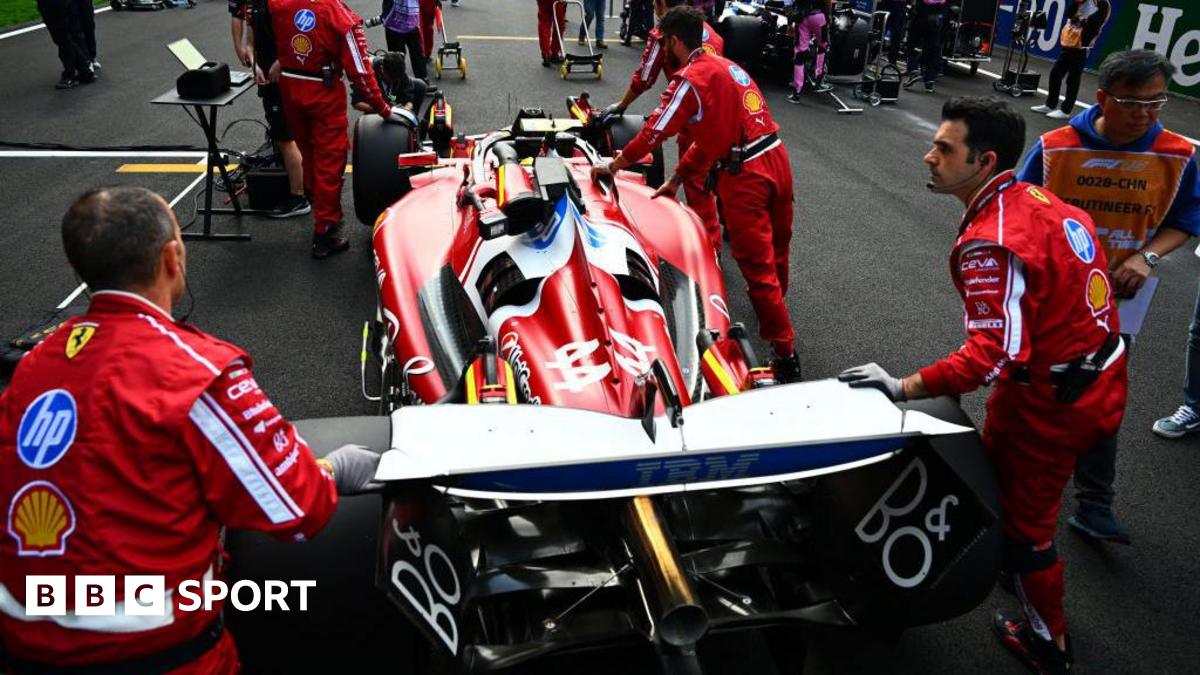Senior figures within F1 and the car manufacturers involved in the sport see many problems with the FIA’s position.
On a macro level, the climate crisis is very real, and the global road-car industry is heading in the direction of electrification – even if Donald Trump’s election at the head of a government of climate deniers has given pause for thought in the US.
Manufacturers take part in F1 fundamentally for marketing reasons, and the sport has been made more appealing by the introduction of a budget cap for cars and engines.
Audi, Ford and General Motors are all entering F1 in 2026 – and Honda are staying rather than withdrawing – specifically because of the new engine rules.
Audi has already released a statement in response to the latest developments, saying that the new rules “were a key factor in Audi’s decision to enter Formula 1”.
Mercedes says it is open to discussions but would need a hybrid element to be part of any new engine formula for it to remain interested.
Then there is the micro level.
Why a V10? No major road-car manufacturer uses them any more.
Mercedes says a V8 would make more sense if a change was to be made, as at least they are still being developed for road use.
And why abandon turbochargers, when many performance road cars – from Audi RS6s or Mercedes AMG C63s to McLaren and Ferrari hypercars – use them for very good reasons?
Cost? Yes, a V10 might be cheaper than a hybrid. But the manufacturers have already spent an estimated collective $400m on the new engines. They are not about to throw that away.
And a new V10 would require developing, to the tune of hundreds of millions more.
Weight? Yes, the hybrid engines make the cars heavier, largely because of the batteries needed. But the majority of the weight increase from 550kg or so in 2005 to about 800kg now is accounted for by advances in safety, such as the halo head-protection device.
On top of that, in 2013, cars started races with about 160kg of fuel. Now, it’s about 100kg and it’s expected to be about the same next year. Returning to naturally aspirated engines would mean a huge increase in fuel capacity – and weight.
Sustainability? The new fuels being introduced next year are not net-zero carbon. According to scientific standards, sustainable fuels reduce carbon emissions by a little above 80%.
That’s a lot. But doubling the amount of fuel used by abandoning hybrid engines would mean a doubling of the carbon emissions produced by fuel.
The emissions from the cars themselves are minuscule in the big picture – F1’s transport around the world is much more significant. Still, the symbolism matters.
















Leave a Reply